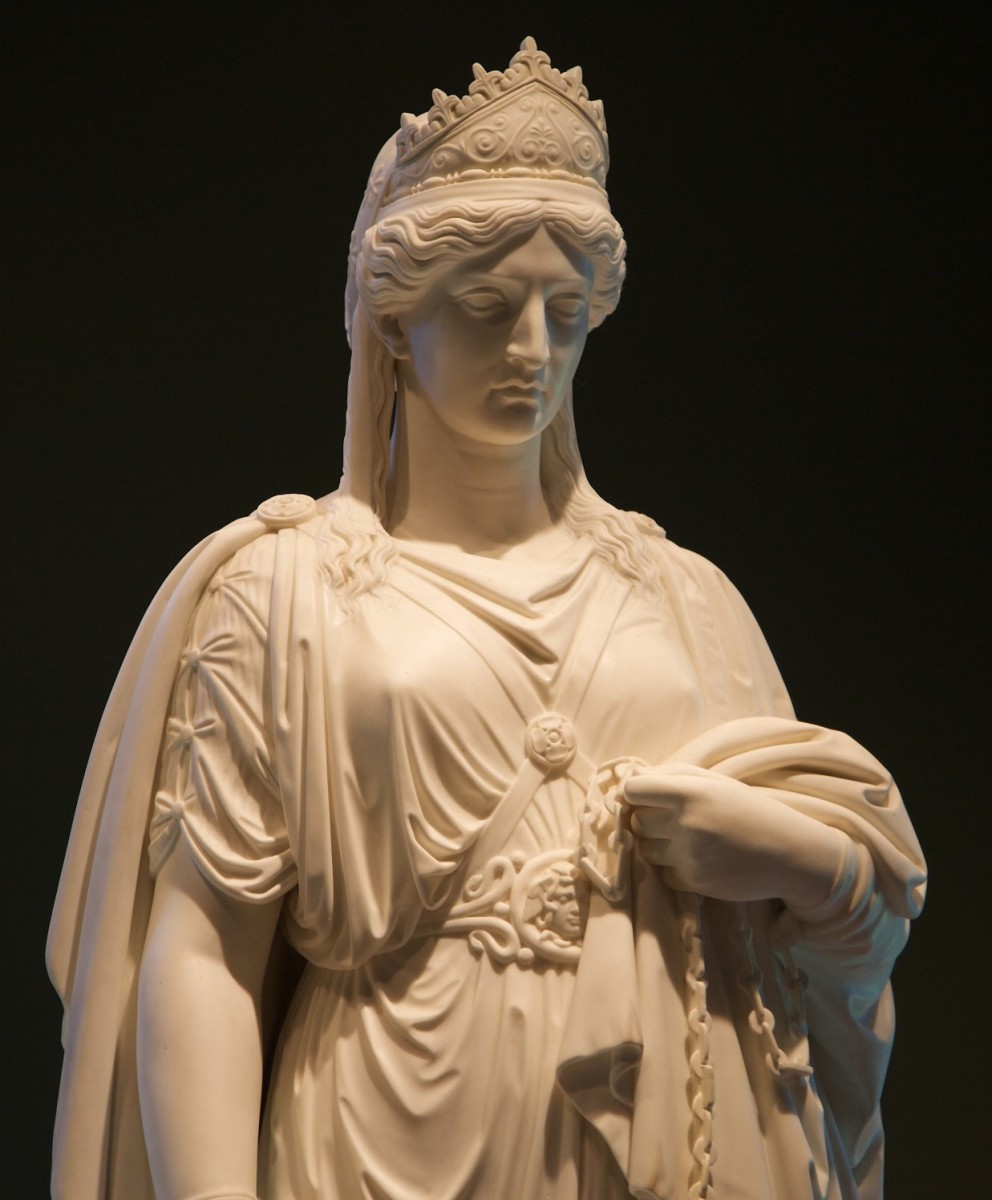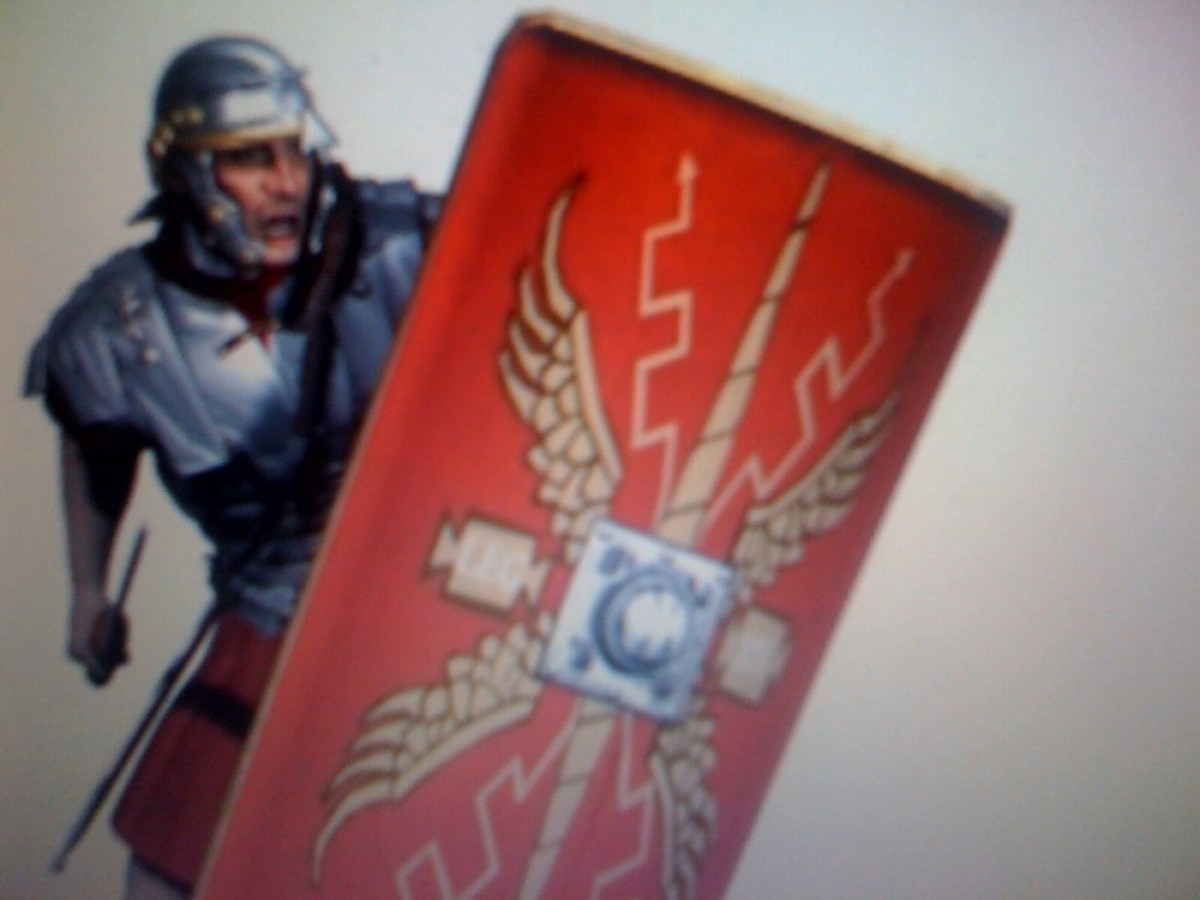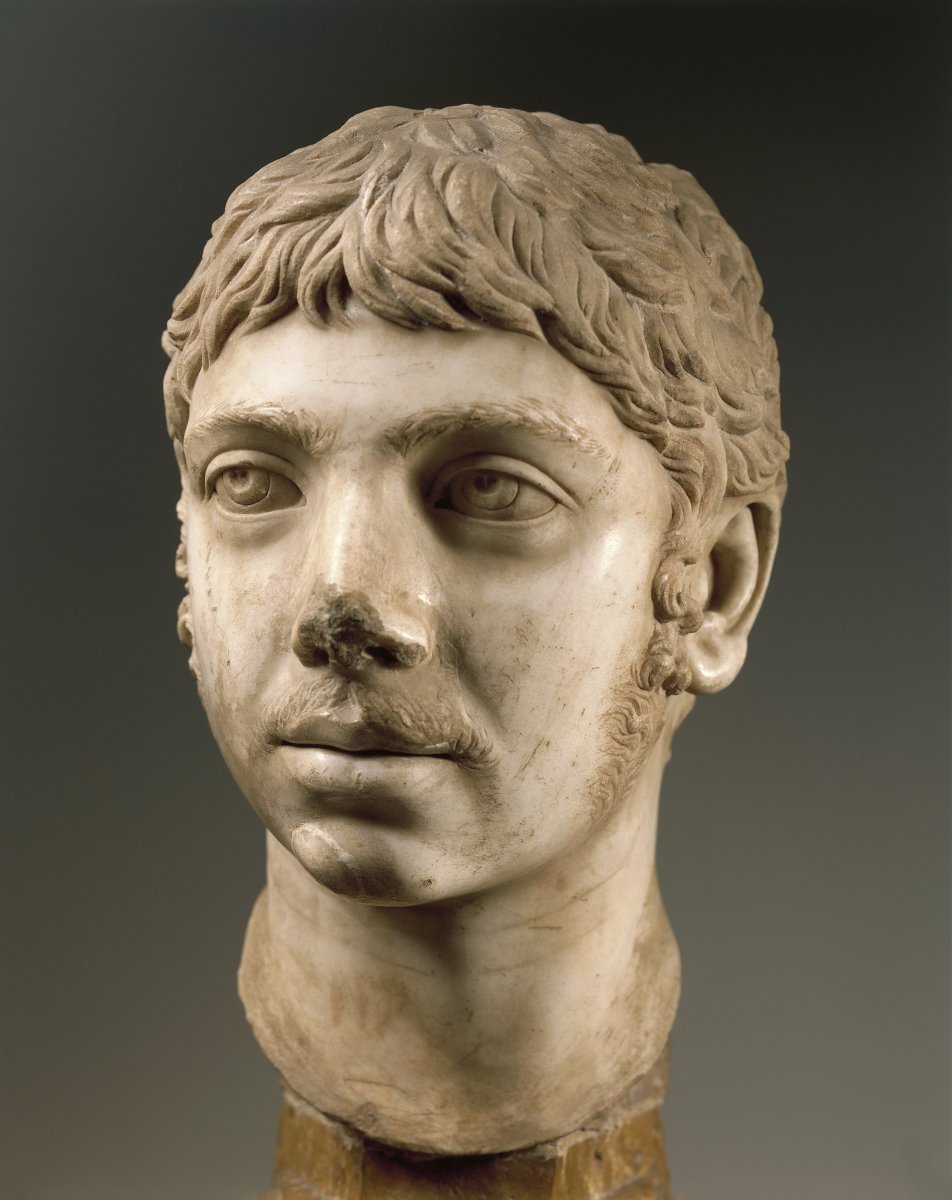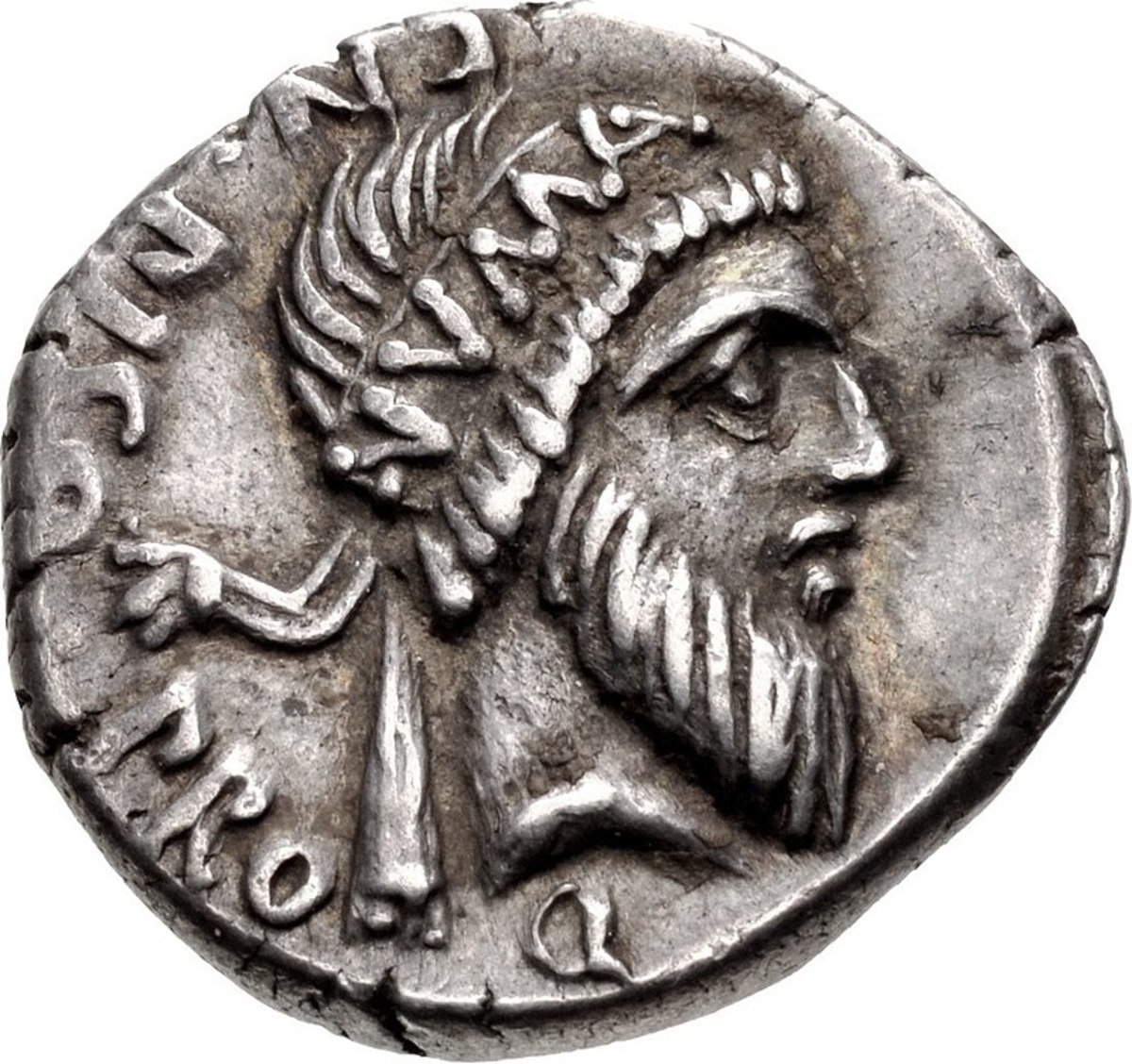- HubPages»
- Education and Science»
- History & Archaeology»
- Ancient History»
- Greek & Roman History
The Beginning of Roman Diplomacy [Facts About Rome]
“Bellum iustum” the just causes to start a war, approved by the Roman gods, to justify the roman priests motives to summon the senate to war, to do justice of
In the span of several centuries Rome was but a small city in Italy until the fourth century B.C. In contact only with the surrounding tribes. The relation with the neighboring peoples primarily on the Council of elders, and the Senate (a function governed by it until the dawn of the republic in 30 B.C) A college of priests was established called “feciali”which included 20 people. Amongst them the bearer of the flint and scepter (symbols of the Roman authority) the “pater patratus” was in charge of the embassies.

A ritual described by Titus Livius (Livy) tells of the priests sending an offer with their demands to a foreign territory, should the interest of the roman people “offended”, then, for 33 days they would wait, until the priests would ask the senate to declare war, summoning the gods as witnesses to their just cause, should their demands are not satisfied. This kept the consions of the people clear, that they didn’t step over any agreements and that its their soon to be adversaries fault for the conflict, and thus gaining favor from their deities.
And when Rome stated warring overseas, the ritual was changed, so that priests conducting wouldn’t have to travel, winch would only lengthen the process.
The first true ambassadors in fact originated in Rome between the fourth and the third century B.C. They were picked from the most well respected and experienced senators, given strict instructions how to operate and defend the pride of the roman peoples. The “legate” would carry a golden ring when signing contracts, and when he was to return, he would answer in front of the senate for his actions. The ambassador had immunity , and should he be insulted or killed, that would result in war.
For example, in the year 229 B.C. Lucius Korunkany and Argon Guy were sent to meet with the Irilian king, in hope that the pirate rads on the allied Greek ships would stop. Lucius ended up being murdered on the way back by the Irilians. The senate in turn sent a golden statue of him to Capitolia, and their navy against the irilian kingdom, resulting in an end of piracy in the Adriatic sea.
The emissaries themselves always abide the international laws, and when they were sent to negotiate with Celtics to stop their siege on the Etruscan city of Clusium and were denied, they stayed and fought with their allies. The Celtics in turn sent their own delegation, which demanded the withdraws of the roman emissaries from Clusium, but in turn were denied, and in the aftermath Rome was besieged and torched by the barbarians. Later a new principle came to be in roman diplomacy, one of the most famous, that would last until the end of the empire - “devide et imper” - divide and conquer.
Different statuses, rights a restrictions were given to every conquered city, roman citizen were seeded to live in conquered territories and new fortresses were raised, ensuring obedience and control. The most faithful to the empire cities states kept their own rule and those that didn’t rebel during times of war, were raise in status and given the title of “friends to the roman people”. Those who dd otherwise were decimated and sold in slavery. From it establishment the Roman diplomacy started negotiations with other countries other than the Italian ones. In the year 323 B.C. Emissaries were sent to Alexander the Great in Babylon, and in the fourth century B.C. Trade agreenment was reached with Cartage, allowing ships to go to and from the city’s port, with restriction only to its west coast.
The roman even established an order when accepting foreign delegation, depending if the delegation is from an allied or opposing country, and of course both were treated accordingly. Allies were invited to games, feasts, and holidays, slept in special houses provided just for the case, even presented with rich gifts. The picture was entirely different for unfriendly delegation. They weren’t allowed in the city, instead the houses in which they stayed were surrounded by a fence, guarded and the meeting itself would commence in the temple of Bellona, again outside of the city. Only if the negotiations were to come to an agreement, was the senate ready to accept them in the city. In the case of unfortunate en to an negotiation on the other hand, the emissaries were given a short notice to leave Rome and Italy, and were guarded only until they do so, afterward they were left on their own, with no guarantee for their safety.
With the conquering of Sicily in the third century B.C. Rome entered the Mediterranean political scene, which included all the Elinistic countries and Cartage. The prolonged fights with more skillful opponents lead alliances being made with faraway kingdoms. By tradition an ally against Carthage was Syracuse, against Macedonia, Syria and Egypt.
One of the most interesting developments is in the second Punic war,especially the the diplomatic moves with Carthage. On the Roman side stood the Etolian union, the Ptolemies, Rodos and Pergam, while Carthage sought the help of the Macedonians and the Selevkidi. For the first time in the ancient worlds history the stage is set for a world war, as described by Polibius.
When Hannibal marched on Italy crushing the Roman legions in the battle at Kan in 216 B.C. He tried strengthening his military success with a diplomatic one. Emmeseriess were sent to Philip V of Macedonia offering a treaty between the three counties, with the condition of Greek staying under Macedonian rule, and Italy under Carthaginian. Thing were looking grim for The Eternal city, with the dethronement of the Siracusian king, and their enemies keeping each other in the war. A breakthrough came when the Romans managed to get the aid of the Etolians to rise against Philip V and forming a union with Egypt.
And thus from the year 215 to 205, the Macedonians were preoccupied the the Etolians, Rome managed to capture Syracuse and southern Spain and even the war to Africa, where they took Carthage by storm.
A treaty was made with the reinforcement of the Numidan king Masinissa who was offered massive in scale territories, making up for the then cut up Punic lands.
Around the year 200 B.C. And with agile diplomacy, the Roman republic started a war with the Macedonian king, while managing to provoke him to attack the allied Greek cities. After emissarys were sent and denied the request to stop the offensive on Elada, they declared that the Romans will stand with their allies against “The Macedonian predator”. The Etholians, Acheian union and Pegarm, The Romans themselves used to joke that all the wars were fought to defend, but the war was for control on Elada, which entwined the Marcedonian king’s interests as well as those of the roman elite.

Another successful move of the Roman diplomacy was making the Selevkidies allies to Macedonia. Antioch III had a formal contract with Philip V, but the roman delegates assured him that they won’t contest the captured from him Syria and Palestine, which were under the rule of the Ptolomeians.
Infarat the whole point of the Selevkidi – Mardenoian coalition was to share the Egyptian territories. Philip decided he’ll make the strike the European and Egeyan the lands the Ptolomeians were holding and Antioch would operate in Male-Asia and Syria. The treaty being formed out of common interests only, in the last Antioch changed his mind and decided to hold neutrality, resulting in Macedony being left in isolation, with no allies of her own.
The Romans decimated Phillip V in 197 B.C. Despite suffering great losses and being forbidden to hold to large number of forces, the Romans were more willing to cut their allies` revenue than to have their enemies suffer humiliating restrictions. A safe step which doesn’t make their influence increase all that much.
After the Macedonian wars ended, and later the war with Antioch in 1290 B.C. Restriction fell on Rodos and Pegarm, which aided the Romans in the Syrian war. On the side of Rome in this conflict stood the Macedonian king, and yet again the Roman diplomacy made the move that would throw him in the war between the Republic and the Selevkidies.
After the elimination of Phillip, in who Antioch saw a rival as well as an ally he thought he’d have the comfort of conquering the Greek cities on the Egeyan shore. He even got Rome’s old nemesis Hannibal interested. Rome on the other hand had just declared all the Greek cities free. Philips graces were of the up most importance for Rome. Tiberii Grakh was sent to meet with Macedonian king, who then managed to convince Phillip that it is better to have a weak rival as a neighbor and promising him small territory acquisition for his help. In turn the Macedonian agreed to let the Roman troops pass trough his territories and give them provisions. With the help of the Rodopian fleet Antioch was beaten in the battle at Magnesia in Male-Asia. Phillip didn’t receive what he was promised, with the argument that he was in agreement only with the messenger and with the fast change of the circumstances the Macedonian had to agree with the new order that came.
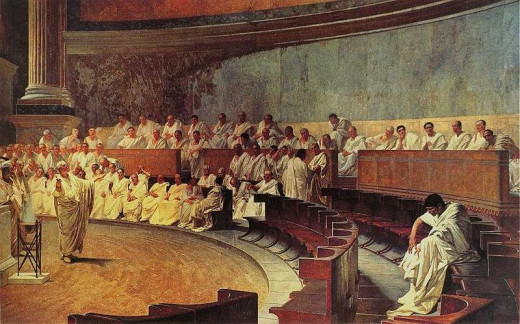
In just two small decades Rome eliminated had established a foothold of the Mediterranean eliminating all opposition, and soon the arbiter of all worldly matters became The Republic.

